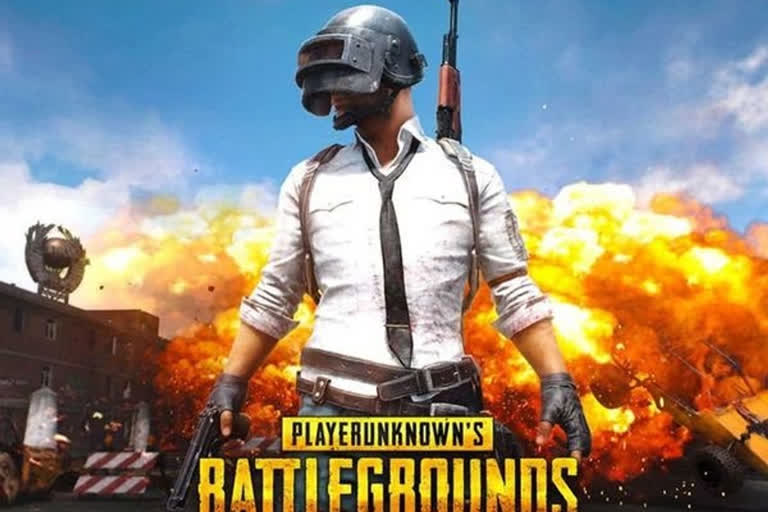New Delhi: The PlayerUnknown's Battlegrounds (PUBG), online multiplayer game, which is reportedly on the list of Chinese Apps next in line to be banned in India, has turned its users into addicts. The addiction side of PUBG had created heated debates across media platforms even before it was taunted to be banned in the country over data privacy concerns.
In the past, PUBG became more controversial as the cases of suicide were reported linking failure in the game to suicidal tendencies among children.
The game has more adverse effects on our personal and professional life, jeopardizing holistic development of an individual. It can cause severe harm psychologically, physically, socially and even economically as well.
Besides, PUBG can cause behavioural issues as well. It has some intoxicating, addictive elements and they are working as prime-movers for multiple disorders. For example, the battle fight triggers aggressive thoughts, bellicose emotions and the constantly invasive mood swings leave an erroneous impression on minds.
If a person plays for an hour in a day that is quite good for our mental state, but consistent playing for 4-6 hours a day is very harmful both mentally and physically as said by World Health Organization (WHO) in 2018. It can out-turn anxiety, stress & impatience also.
More the screentime, the more chances of it affecting our eyesight, leaving us with a heavy head and overall physical health. Children are becoming room bugs.
Some Employers/Employees are spending their working time engaged in PUBG, which leads them to fall in their productivity. Several personal issues with peers and partners also crop up owing to the severe addiction.
Read: PubG claims life in Pune, youth dies of stroke
Especially among children, PUBG is harming academic credentials and the issue still remains unaddressed. A student of JKSA (Jammu and Kashmir student association) requested the then Governor Satya Pal Malik to ban PUBG mobile and claimed that game has resulted in poor results /scores for students appearing in different board exams terming the game as "future spoiler".
Recently a 13-year old boy committed suicide by hanging himself at his home in south Kashmir's Pulwama district, the reason being younger brother didn't let him play PUBG on a mobile phone.
These incidents must force us to ponder over certain things. We must understand how its addiction is increasing suicidal tendencies.
The killing and shooting elements of the game are promoting violence and are giving birth to psychological disorders. It was banned for some time in four countries India, Nepal, China, and Iraq. In India, there wasn't a nationwide ban but in some areas like Vadodara, Rajkot, and Surat there was a temporary ban. This partial banning happened only when the Rajkot police commissioner issued a notice on March 7.
Around 20 players (mostly students) were arrested, after that the ban was lifted again. The Rajkot police also requested to Google for removing it from play store.
PUBG players are of the view that playing with some advanced features including audio chat makes them socially active but looting and spotting enemies are not social interactions.
The winning creates patriotism and enthusiasm, "winner winner chicken dinner" gives rise to some kind of victory feeling in them. Whoever wins finds that game even more alluring, and the one who loses, became a victim of inferiority complex, and this false obsession and enthusiasm pushes him more towards toxic gaming culture.
Hassina Bano, the Author is pursuing Masters in Philosophy from IGNOU and has done Masters In English from KU



